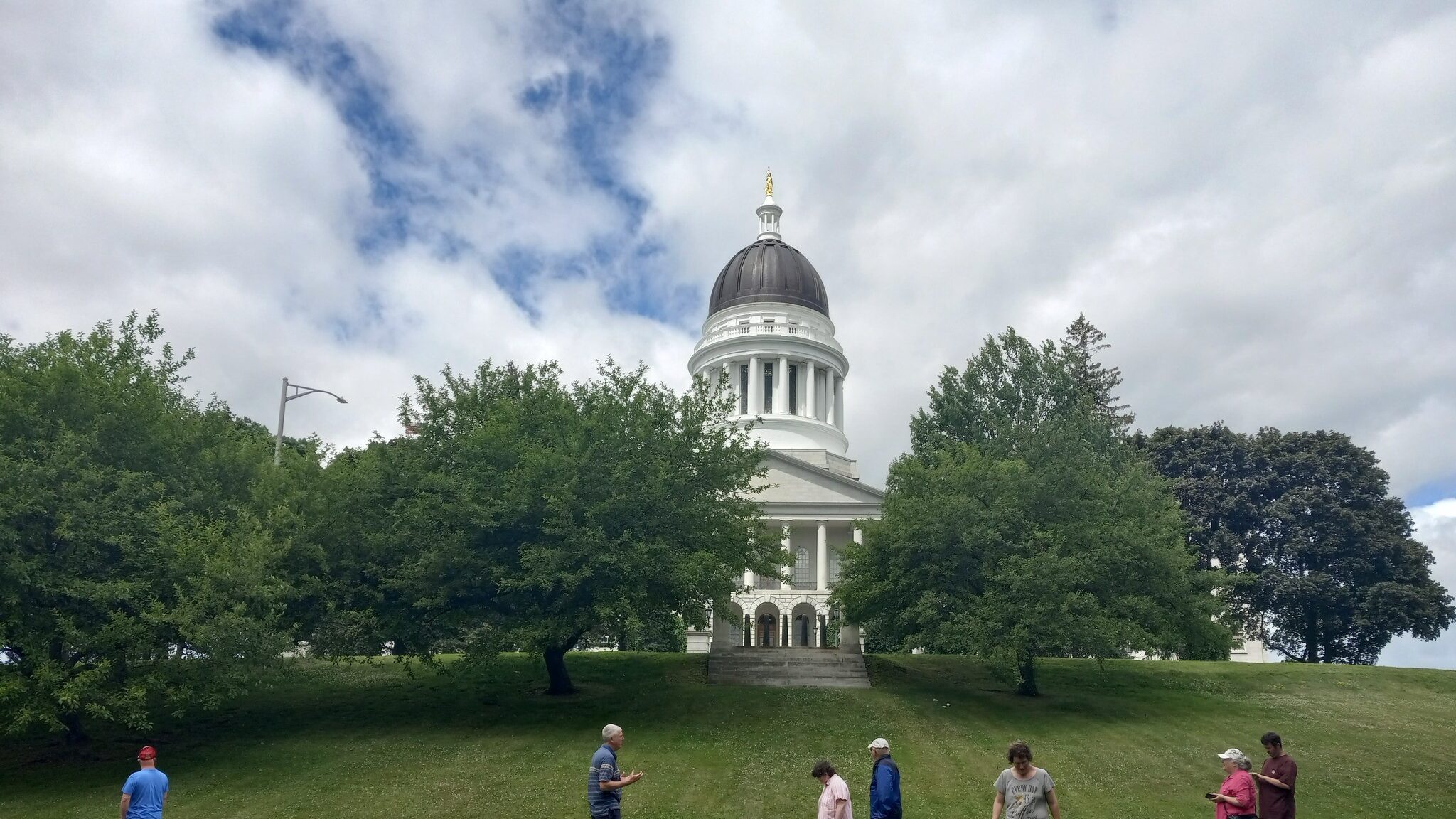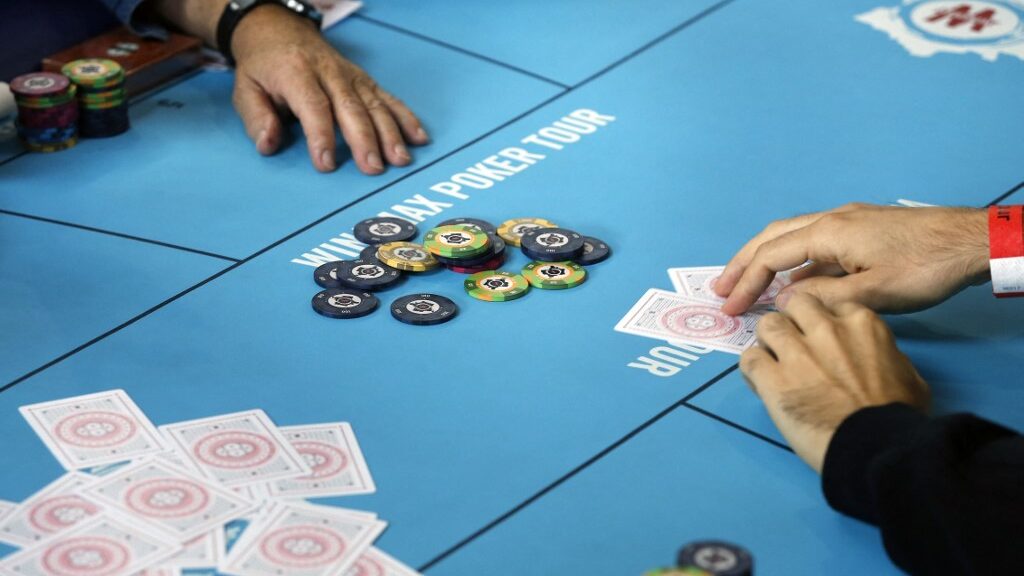
Maine sports betting is gearing up for its first operations. The Department of Public Safety, which is responsible for overseeing the Gambling Control Unit, expects the first wagers to be placed in November.
The process of creating rules for sports betting started after Gov. Janet Mills legalized it in May 2022. Now that the rule-making process is complete, the office of the Attorney General is giving them one last look. Maine’s Attorney General, Aaron Frey, is expected to approve the rules within 120 days, allowing licensed providers to begin accepting bets immediately thereafter.
Shannon Moss, a spokesperson for the Maine Department of Public Safety said, “Temporary or initial licenses will be issued on the day of adoption to allow licensees to go live and offer wagers on sports according to law and rule.”
Sports Betting Expected to Be Big
John Holden, a professor at Oklahoma State University views the most recent events as a significant milestone for the state.
Holden told the Portland Press Herald, “We’re almost there! This is truly exciting for Maine sports enthusiasts and taxpayers. If everything goes as planned, we’ll have sports betting ready just in time for the NFL playoffs, which are hugely popular for betting. It’s crucial not to miss out on this opportunity. We’re right on track.”
Tribes to Benefit
Roughly 85% of the sports bets placed in Maine are expected to be made online. It’s also expected to be a revenue boon for Native American tribes in the state. That’s because they were given control over the online sports betting market.
Three tribes- the Penobscot, Houlton Band of Maliseets, and Mi’kmaq nations – have already cut a deal with Caesars Sportsbooks to operate a book using their skins. The Passamaquoddy tribes at Indian Township and Pleasant Point still have a chance to claim control over the remaining portion of the mobile market.
Because of the anticipated magnitude of the revenue share with the tribes, which could be as much as 30-50%, the four members of the Sports Betting Alliance – BetMGM, FanDuel, Fanatics, and DraftKings – are not going to pursue the Maine market.
Governor Janet Mills decided to give Native American tribes control over the mobile and online sports betting market. This decision was seen as a way to reconcile and make amends after she had threatened to reject their previous proposal for more independence.
Who Will Be Allowed to Place a Bet?
Sports betting will only be allowed for people who are 21 years old and above. Betting on high school and college events involving Maine-based schools is not permitted, and the same goes for events where most of the participants are under 18. This also applies to NCAA or Hockey East tournaments that include a Maine college or university.
Apart from the four mobile licenses, sports betting can take place at the state’s two casinos and five off-track betting sites, which have yet to open.
Where Will Maine’s Sports Betting Tax Money Go?
The law states that 10% of the money earned from wagers will be paid to the state. This money will be used for various purposes, including:
- Covering the costs of regulating gaming.
- Helping with the treatment.
- Prevention of problem gambling.
- Contributing to the general fund.
Maine is expected to make nearly $7 million in revenue each year from sports betting.













